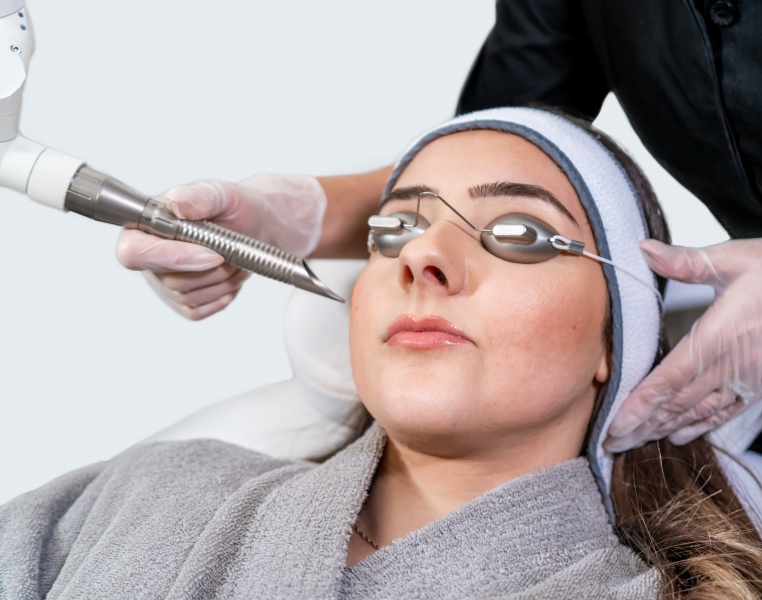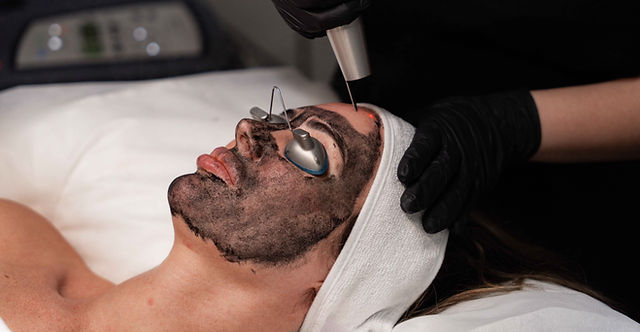When you live in the tropics, choosing the right soap becomes an even more important matter. Many skin types are susceptible to heat and humidity. So it’s no wonder many people in Singapore opt for organic soaps like Castile soap over regular commercial products nowadays. But are they really the best choice for our skin, or is it just clever marketing at play?
Let’s look into what makes organic soap a popular option for your skin’s health.
What Exactly Is Organic Soap?
A soap is generally considered organic not just because it has natural ingredients, but also in how it’s made. Said ingredients should be grown without using synthetic pesticides, antibiotics, chemical fertilisers, radiation, and so forth. You can’t automatically assume that a “natural” soap is also organic. It may still mean the manufacturers used chemicals when farming or creating the product.
How Is Organic Soap Safer for Your Skin than Ordinary Soap?
Ordinary soap often contains chemicals like fragrances, artificial colours, and parabens, which can be harsh on your skin. They could lead to problems like allergic reactions or worse consequences — like skin cancer.
On the other hand, organic soaps in Singapore use gentler ingredients that are less likely to disrupt your skin’s pH balance or strip it of its natural oils.
For instance, Castile soap uses plant oils such as olive oil, hemp, and jojoba. This makes them quite suitable for many Singaporeans, as our skin can be quite sensitive to our country’s heat and humidity.
A reputable organic soap brand would also list all its ingredients clearly — unlike many commercial soaps that hide under vague terms like fragrances or parfum.
Allergic Reactions Can Still Happen With Organic Soap
But don’t think organic means allergy-free — natural ingredients can still irritate us and cause problems like contact dermatitis. You should still be cautious of what your organic soap contains.
Some common natural ingredients that can be allergens include:
-
Lavender
-
Tea Tree
-
Citruses
-
Peppermint and other mints
Patch Testing is Important
If you want to play it safe, always do a patch test before you buy more of the soap you’re interested in. You can apply a small amount to your skin and wait for a few minutes for any adverse changes like rashes or itching. But do keep in mind that, in some cases, allergic reactions can take time to show themselves. It would be a good idea to do more patch tests for up to a week to check if anything happens.
And should the soap irritate your skin, find a different product instead. Buying more — no matter how many benefits it boasts — wouldn’t be worth the harm it can bring to you in the long run.
Choose Trusted Sources for Your Organic Soap
When you’re shopping for organic soap in Singapore, always make sure to check not just the brand, but the other texts on their product labels too. There’s bound to be organic certifications and a transparent list of ingredients on them.
They may even go so far as to provide detailed information on their sourcing process. For instance, a Castile soap maker could also say where their plant-based oils came from and how they were harvested. It’s a good way to reassure you of their commitment to ethical, high-quality soap.
Of course, do choose a well-known organic soap retailer too. A shop that’s trusted by other Singaporeans is unlikely to let you down.
Give Your Skin the Care It Deserves
So, is organic soap really the best for your skin? It very well could be, but it still depends on what your skin is sensitive to.
So don’t be afraid to explore your options and to be familiar with the ingredients you can or can’t use. You can even ask your organic store for advice if you’d like. A small effort like that can go a long way to making your skin look and feel better.







0 Comments